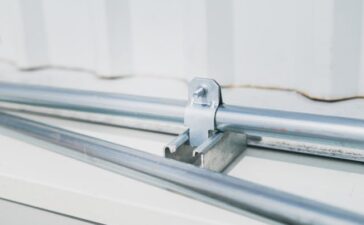Blocked drains are a common issue in many houses but this can lead to a lot of inconvenience and potentially expensive repairs. It can also give rise to unpleasant odours. It is important to understand what causes this so that you can avoid these problems in the future.

If you are experiencing a blocked drain
You can reach out to a plumber Brunswick right away so that they can provide a solution to this. A common cause of blocked drains is build-up of hair. This is very common when it comes to blocked bathroom drains. Hair will combine with soap residue forming a sticky clog and it will not let water through. You need to have a drain strainer or hair catcher in the bathtub or shower so that hair will be trapped before it enters the drain. This strainer has to be cleaned regularly so that build-up is prevented. The kitchen is another place where blocked drains can occur. This happens when grease, fat or cooking oil is poured down the kitchen sink. These substances will solidify when they cool down and then adhere to the inside of the pipes. This will make the passage inside the pipes for water to go through very narrow. You need to avoid disposing grease and fat in the kitchen sink. This can go into a container and you can dispose of it in the trash after they cool down. You can also use paper towels to wipe greasy pans before washing them.
Food waste can also accumulate in the kitchen drains
This is especially true for food that is fibrous or starchy. You have to scrape utensils and plates into the trash before you rinse them in the sink. A sink strainer should be used as well so that food scraps can be caught. You can then empty this into the trash regularly. Soap residue which is combined with the minerals in the water can build up inside the pipes. This is why it is important to use minimal amounts of soap. You can also use liquid soap instead of bar soap as the latter can leave more residue. You have to flush drains with hot water regularly so that soap scum build-up can be dissolved.

It is also not recommended
To flush excessive amount of non-flushable items or toilet paper down the toilet. Some examples of items you should not flush are sanitary products, wipes and cotton balls as these can cause blockages in toilets. You should only flush toilet paper and human waste. You can have a waste bin placed in the bathroom to dispose hygiene products, toilet paper and other items that are non-flushable. Tree roots can also invade underground sewer lines. You need to have a good understanding of where sewer lines are located in your property and plant trees away from this whenever possible. Make sure that any small items is kept away from the drains and sinks especially when there are young children. They can put toys and small items down the drains. You should also use drain covers so that items can be prevented from falling into the drains.









